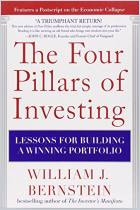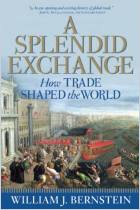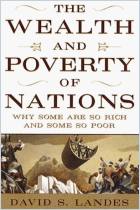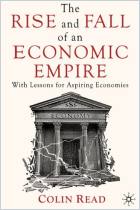
The Birth of Plenty
How the Prosperity of the Modern World was Created
Recommendation
Gertrude Stein called Ezra Pound, "a village explainer," and said that was fine if one happened to be a village. Author and historian William J. Bernstein is an explainer, so put on your village thinking cap. This sprawling book skips over a broad surface of economic history, theology, sociology, engineering, politics and mechanics, like a flat pebble over a smooth pond. Readers with scant grounding in these disciplines can still have a good time as they gaze slightly slack-jawed at this colorful, fast-moving assemblage of facts, theories and prejudices, all mixed, mingled and as surprising as a carnival parade. Readers who know these subjects, on the other hand, will relish the sweep of Bernstein’s saga even if they balk at the inevitable simplifications, exaggerations, contradictions and foggy facts that result from compressing world economic history into 400 pages. Bernstein arranges his history around the four pillars that, he says, support continual economic growth: property rights, the scientific method, capital markets and communications. Given that framework, his presentation is logical and lively. getAbstract.com liked this entertaining read, which is imbued with a history buff’s excitement.
Summary
About the Author
William J. Bernstein, Ph.D., M.D., is founder of the popular Website efficientfrontier.com. He is also author of The Four Pillars of Investing and The Intelligent Asset Allocator.






















Comment on this summary